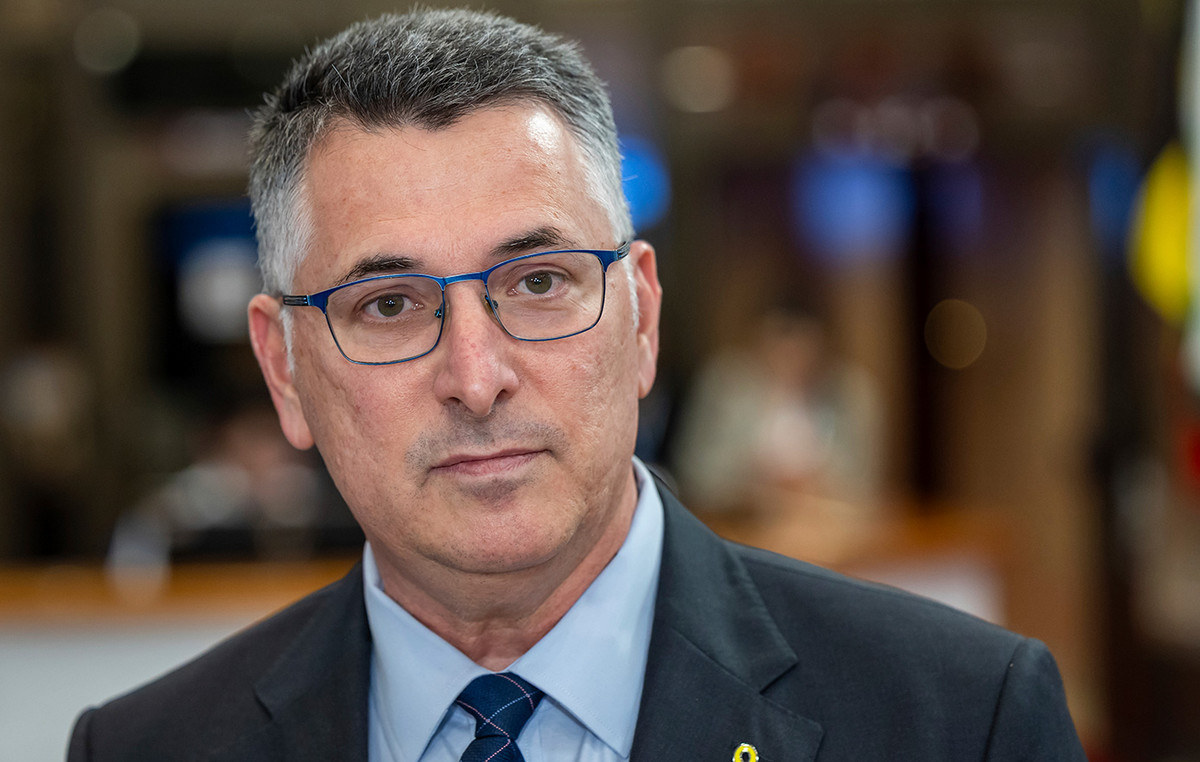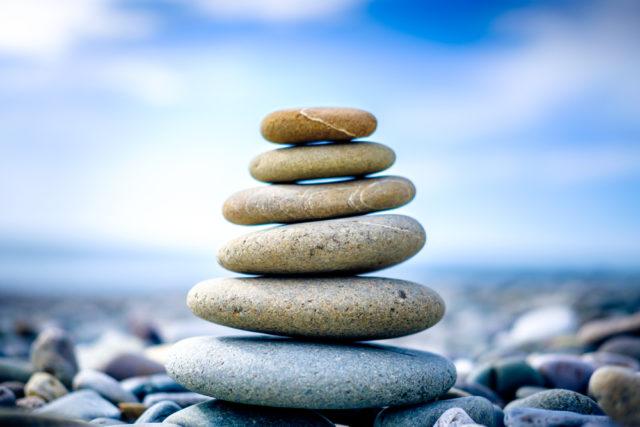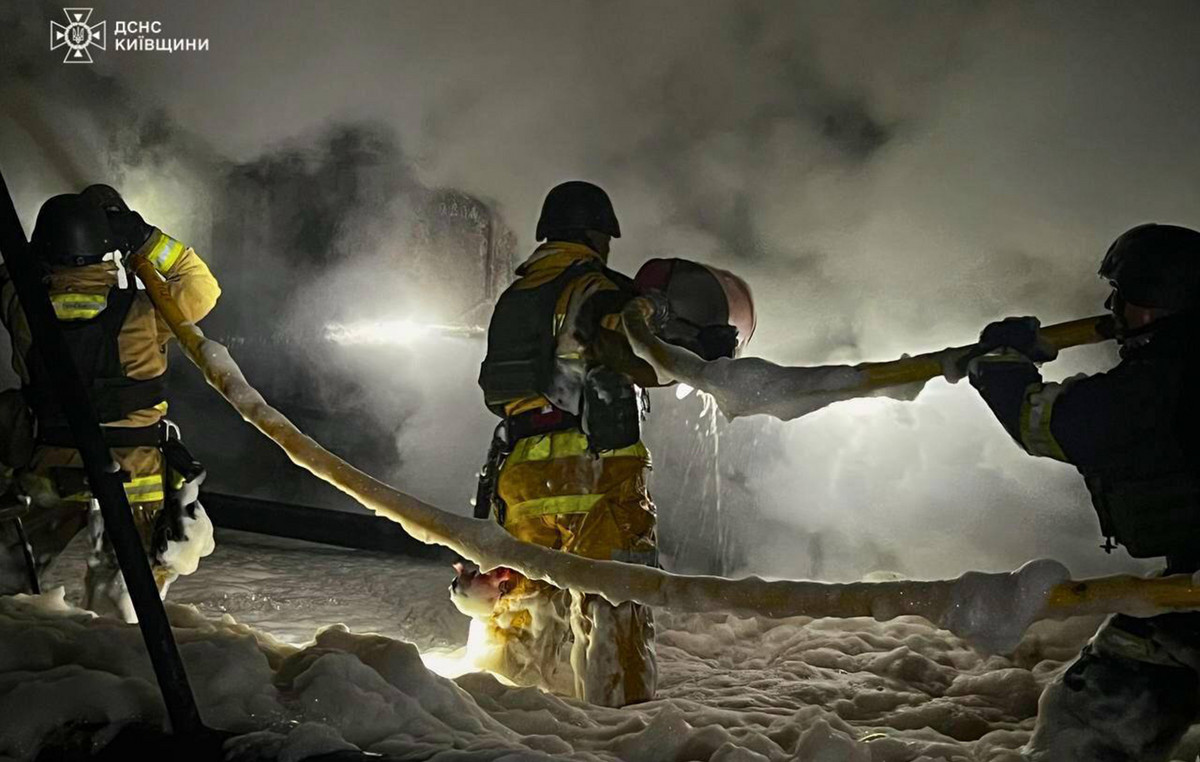The Communist Party of China (CCP) opened its 200th Congress on Sunday (16). In it, the general secretary and chairman of the party, Xi Jinping, is expected to receive confirmation of a third term.
He spoke for two hours at the opening of the Congress, an important event for Chinese politics, which takes place every five years and ends on Saturday (22).
But how exactly does the Communist Party of China work and why is the 200th Congress so important?
The CCP was founded on July 10, 1921, completing a century last year. The forces of Mao Zedong, the party’s historical leader, won the Chinese civil war against the forces of Chiang Kai-Shek’s National Party (or Kuomintang) and founded, in 1949, the People’s Republic of China, in which the CCP is the only one. cool party.
Currently, it has 96.7 million members. The post of secretary general of the Communist Party is the most powerful in the country. Since 1993, the incumbent chairman of the party has also been president of China.
The secretary-general is also one of seven members of the Politburo Standing Committee, the CCP’s most powerful body, responsible for setting policy and appointing government officials. The Politburo is made up of 25 people, including the Standing Committee.
Politburo members, including the secretary-general, are elected by the party’s 204-member Central Committee, in accordance with its statute.
Finally, 2,296 delegates participate in the current Congress, representing the nearly 97 million members. Currently, the norm is for CCP secretaries-general to serve two consecutive five-year terms and then pass the baton to a carefully chosen successor.
But it was not always so.
Leaders of the Communist Party of China
Mao Zedong was chairman of the CCP from 1943 until his death in 1976. Despite not holding other official government positions since 1959, he was the country’s undisputed leader until the end of his life. Ee was succeeded by Hua Guofeng, who held the position from 1976 to 1981.
The party’s presidency position was abolished in 1982 to avoid the accumulation of power that Mao had achieved in the past, and replaced by the post of general secretary.
Hu Yaobang was then president for one year and then secretary general until 1987. Zhao Ziyang replaced him and continued until 1989.
Jiang Zemin’s leadership inaugurated the tradition of party secretaries general who are, at the same time, presidents of the country. Zemin became Secretary General in
1989, and president in 1993.
Hu Jintao was secretary general from 2002 to 2012, and president from 2003 to 2013. Then came Xi Jinping, who became secretary general in 2012 and president in 2013.

What is Congress?
The National Congress of the Communist Party of China is a conclave that takes place once every five years to nominate new leaders, discuss changes to the party’s constitution and align the political agenda for the country.
The week-long meeting shows the direction of the Communist Party, China’s main source of power. Ultimately, it is a guide to who will occupy positions
governmental. However, it is different from a meeting of the State Government.
For example, while Xi Jinping is expected to be named secretary-general after Congress, he will not be confirmed for a third term as head of state or president of China until an annual meeting of the official legislature in March.
How is leadership chosen?
Although voting takes place at the Party Congress, this is generally seen as a formality rather than a true electoral process.
In fact, real decisions are believed to be made during a nebulous process that involves top leaders and begins long before Congress.
During the Congress, delegates will vote for a new Central Committee, the party’s main governing body, with around 200 members and around 200 alternates. The committee meets regularly and is responsible for the formal selection of Politburo members.
Immediately after the conclusion of the Congress, the newly formed 200th Central Committee will meet for its first plenary session, at which the Politburo and its Standing Committee will be selected.
Congress different from previous ones
For more than two decades, the name of a new Secretary General has been revealed every two Congresses. But since the last meeting in 2017, Xi Jinping has signaled plans to maintain tight control over all aspects of what is considered China’s power triad: control over the party, the state and the military.
At the last Congress, he broke with tradition and failed to name a potential successor to the Standing Committee. Months later, the Chinese legislature, which has little de facto power, removed China’s term limits from the president.
Globally, the move was seen as allowing the president to continue into a third term as head of state, while retaining control of the party, where real power resides.
With information from Simone McCarthy, Laura He and Germán Padinger
Source: CNN Brasil
I’m James Harper, a highly experienced and accomplished news writer for World Stock Market. I have been writing in the Politics section of the website for over five years, providing readers with up-to-date and insightful information about current events in politics. My work is widely read and respected by many industry professionals as well as laymen.







